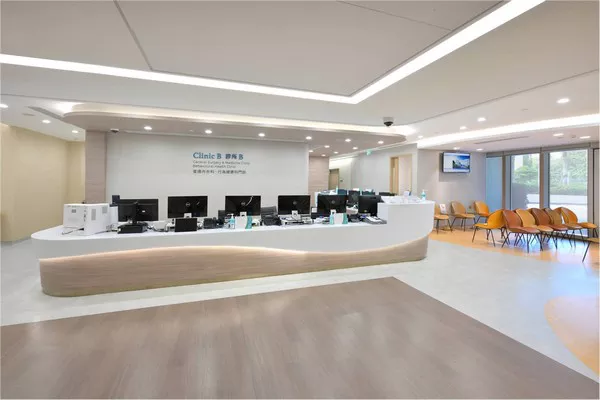Port-au-Prince, Haiti – In a bid to tackle the escalating threat posed by relentless gang violence, the Haitian government declared an extension of the state of emergency surrounding Port-au-Prince for an additional month. The move, announced on Thursday, reflects the government’s commitment to restoring order amidst a surge in criminal activities that has not only imperiled the current administration but forced thousands to flee their homes.
The United Nations humanitarian affairs agency sounded a dire warning, stating that Haiti’s health system is on the brink of collapse. Critical shortages of essential resources, including staff, equipment, beds, drugs, and blood for treating gunshot wounds, have placed an unprecedented strain on the already fragile healthcare infrastructure.
The UN’s World Food Programme (WFP) reported that vital equipment, medical supplies, and food were stranded at the capital’s port, attributing the disruption to the prevailing insecurity. The WFP took the drastic measure of suspending its maritime transport service in response to the worsening conditions.
The state of emergency, initially declared on Sunday, comes in the aftermath of heightened hostilities, prison breaks orchestrated by armed gangs, and the displacement of tens of thousands of citizens. Prime Minister Ariel Henry, currently in Puerto Rico since Tuesday, engaged in a phone conversation with U.S. Secretary of State Antony Blinken on Thursday, discussing the imperative need for a swift transition to a more inclusive government.
Despite the urgency of the situation, Prime Minister Henry has been unable or unwilling to return to Port-au-Prince, where gunfire continues to disrupt key transport hubs, including the international airport.
The government’s official declaration, published in the Caribbean country’s gazette, extends the state of emergency in the Ouest Department, the capital’s seat, until April 3. A nightly curfew will be enforced until March 11, with the objective of reestablishing order and implementing measures to regain control of the escalating crisis.
The state of emergency prohibits all public protests, day and night, while authorizing security forces to use “all legal means” at their disposal to enforce the curfew and apprehend violators.
In the capital city on Thursday, scenes of chaos unfolded with flames engulfing a looted food warehouse, burned-out cars lining the streets, and citizens resorting to buying petrol from street vendors due to closed gas stations. A resident, identified as Marckenson, expressed the gravity of the situation, highlighting the widespread disruption to daily life.
Aid group Medecins Sans Frontieres (MSF), commonly known as Doctors Without Borders, revealed staggering figures, estimating that at least 2,300 people lost their lives in the violence in 2023 in the Port-au-Prince neighborhood of Cite Soleil alone, representing 9% of the capital’s population. MSF emphasized that the actual scale of the violence is likely much higher.
The deteriorating conditions have severely hindered transport and aid operations, with the WFP’s maritime transport service, the primary means of delivering food and medical supplies, now suspended due to the prevailing insecurity.
The situation in the capital’s main cargo port, CPS, further worsened as armed individuals reportedly broke in, looting containers. CPS issued a statement citing “malicious sabotage and vandalism” as the reason for suspending its services.
Amidst the crisis, regional leaders from the Caribbean Community (CARICOM) are engaged in round-the-clock discussions with government and opposition representatives, yet consensus on a course of action remains elusive.
Prime Minister Henry, who assumed power after the assassination of former President Jovenel Moise, has repeatedly postponed elections, citing the necessity to establish security before holding a free and fair vote. The widow of the late president, Martine Moise, charged last month in connection with the 2021 assassination, lamented the chaos in Haiti, accusing those in power of seeking to scapegoat victims while preserving their own grip on authority.
Over the years, gangs in Haiti have expanded their influence, accumulating wealth through ransom kidnappings and acquiring large arsenals of firearms, primarily trafficked from the United States, according to UN reports. The situation remains critical, with the nation grappling to find a path toward stability and avert further deterioration.


